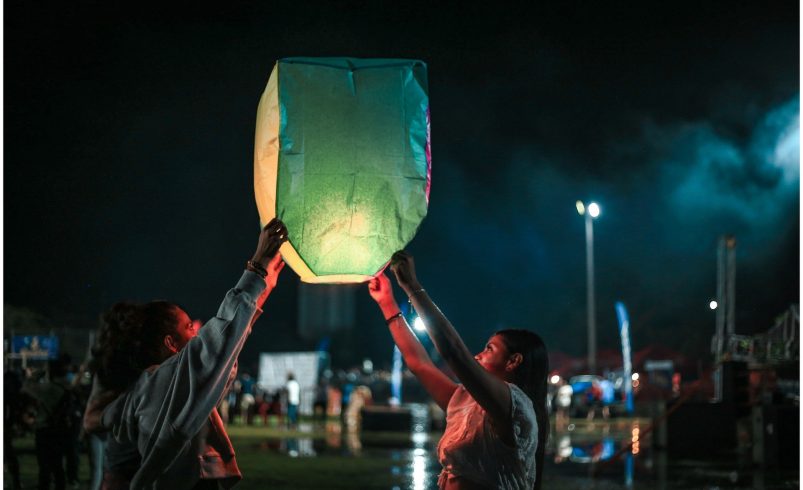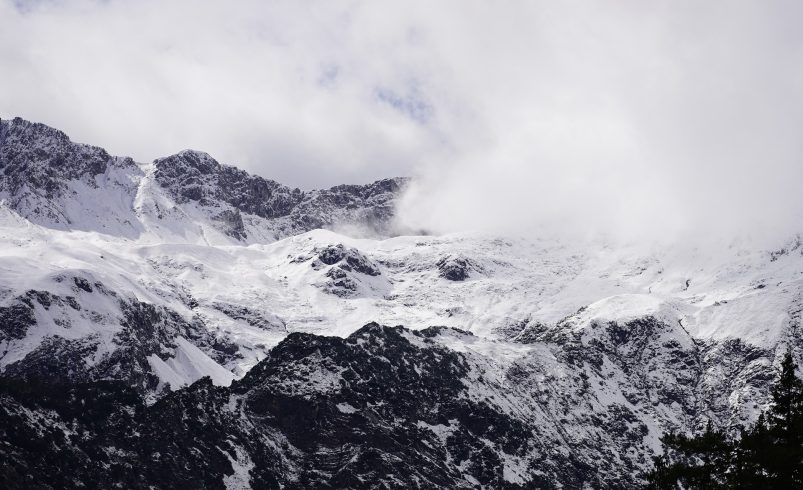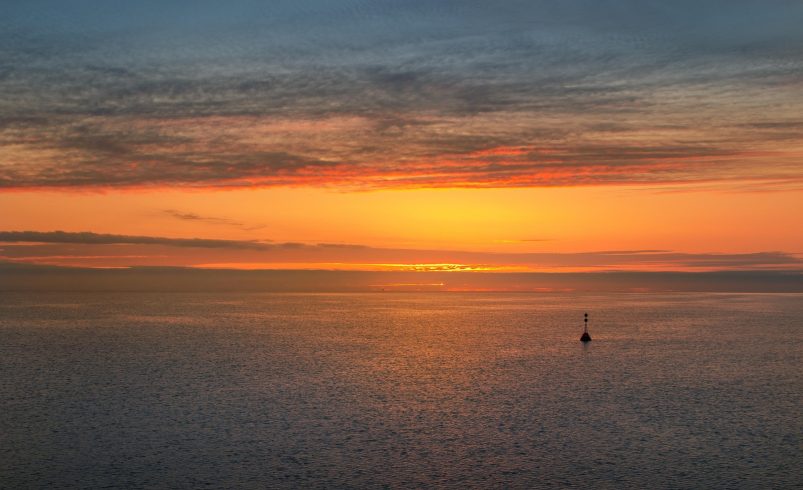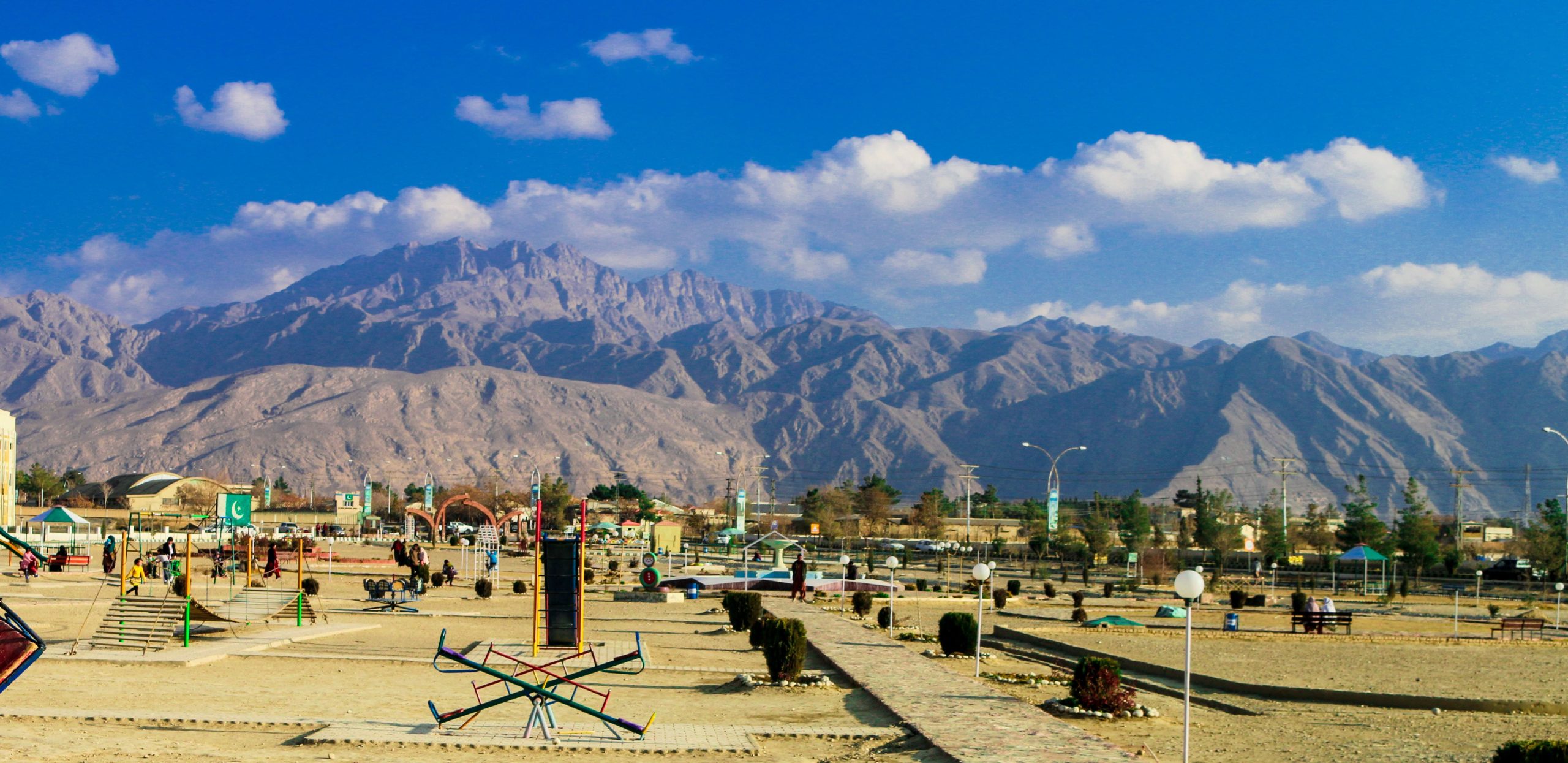
- January 29, 2025
Introduction
Pakistan is a land of diverse cultures, where each region has its own traditions, languages, and festivals. The cultural festivals in Pakistan highlight the nation’s rich heritage, bringing communities together to celebrate their traditions. These events include music, dance, food, and rituals that date back centuries, offering an incredible insight into Pakistan’s vibrant society. Whether it’s the lively Basant Festival, the thrilling Shandur Polo Festival, or the spiritual Urs of Lal Shahbaz Qalandar, these celebrations reflect the soul of the nation.
List of Cultural Festivals in Pakistan
Basant Festival – The Kite Flying Extravaganza
Basant is a joyous festival that marks the arrival of spring in Pakistan. It is celebrated with great enthusiasm, especially in Lahore, where the skies fill with colorful kites.
- Location: Lahore, Punjab
- Key Attractions: Kite flying competitions, musical performances, traditional food stalls
- Festival Dates: February (Exact date varies)
- Activities to Do: Kite flying, attending rooftop parties, enjoying local delicacies
- Cultural Significance: Represents the changing of seasons and the joy of spring
Shandur Polo Festival – The Game of Kings
Held at the world’s highest polo ground, the Shandur Polo Festival is an annual event that attracts polo enthusiasts from across the globe.
- Location: Shandur Pass, between Chitral and Gilgit-Baltistan
- Key Attractions: Traditional freestyle polo matches, cultural dances, folk music
- Festival Dates: July (Annually)
- Activities to Do: Watching polo matches, camping, exploring scenic landscapes
- Cultural Significance: Symbolizes bravery, sportsmanship, and tradition in the region
Lok Mela – A Celebration of Folk Culture
The Lok Mela festival is a tribute to Pakistan’s diverse cultural heritage, bringing artisans, craftsmen, and musicians together in a grand showcase.
- Location: Islamabad, National Institute of Folk & Traditional Heritage
- Key Attractions: Handicraft exhibitions, folk dances, traditional cuisine
- Festival Dates: November (Annually)
- Activities to Do: Shopping for handmade crafts, enjoying cultural performances, tasting local dishes
- Cultural Significance: Promotes traditional arts and crafts, supporting rural artisans
Chilam Joshi Festival – The Kalash Spring Festival
This unique festival is celebrated by the Kalash tribe, welcoming the arrival of spring with traditional dances, music, and rituals.
- Location: Kalash Valley, Chitral
- Key Attractions: Tribal dances, Kalash music, local wine tasting
- Festival Dates: May (Annually)
- Activities to Do: Witnessing Kalash customs, exploring valley landscapes, interacting with locals
- Cultural Significance: Highlights the distinct traditions of the Kalash community
Urs of Lal Shahbaz Qalandar – A Sufi Spiritual Gathering
One of the most revered Sufi festivals, the Urs of Lal Shahbaz Qalandar is held in honor of the famous Sufi saint.
- Location: Sehwan Sharif, Sindh
- Key Attractions: Sufi qawwalis, dhamal (Sufi dance), spiritual ceremonies
- Festival Dates: 18-20th Sha’ban (Islamic Calendar)
- Activities to Do: Attending qawwali nights, experiencing Sufi traditions, participating in rituals
- Cultural Significance: Showcases the rich Sufi heritage of Pakistan
Sibi Mela – A Traditional Balochistan Festival
The Sibi Mela is a historical festival showcasing Balochistan’s rich traditions.
- Location: Sibi, Balochistan
- Key Attractions: Traditional Balochi music, livestock exhibition, horse races
- Festival Dates: February
- Activities to Do: Watching cultural performances, exploring local crafts
- Cultural Significance: Promotes Balochi heritage and livestock trade
Jashn-e-Baharan – The Spring Festival
A nationwide celebration welcoming spring with colors, flowers, and joy.
- Location: Major cities across Pakistan
- Key Attractions: Flower exhibitions, music, traditional food stalls
- Festival Dates: March – April
- Activities to Do: Visiting flower shows, participating in musical events
- Cultural Significance: Celebrates the changing seasons and agricultural prosperity
Independence Day (14th August) – A National Celebration
Pakistan’s Independence Day is marked with patriotism and grandeur.
- Location: Nationwide
- Key Attractions: Fireworks, flag hoisting, parades
- Festival Dates: 14th August
- Activities to Do: Watching military parades, decorating homes with flags
- Cultural Significance: Commemorates Pakistan’s freedom from British rule
Emergency Contacts & Health Precautions
- Rescue 1122: Emergency services
- Pakistan Tourism Development Corporation: +92 51 111 111 778
- Local Police Helpline: 15
- Hospital Emergency: Contact nearest hospital in case of medical emergency
- Health Precautions: Carry basic medicines, stay hydrated, avoid street food if unsure about hygiene
Travel Tips
- Always check the festival dates before planning your trip.
- Book accommodations in advance, especially for popular events.
- Respect local traditions and dress modestly where required.
- Keep cash handy as some local vendors may not accept cards.
- Learn a few local phrases to interact with vendors and locals.
FAQs
What are the most famous cultural festivals in Pakistan?
Pakistan hosts many cultural festivals, including Basant, Shandur Polo Festival, Lok Mela, Chilam Joshi, and the Urs of Lal Shahbaz Qalandar.
When is the best time to visit Pakistan for cultural festivals?
The best time to visit Pakistan depends on the festival you want to attend. For instance, Basant is in February, Shandur Polo Festival is in July, and Chilam Joshi is in May.
Are cultural festivals in Pakistan safe for tourists?
Yes, most cultural festivals in Pakistan are safe, but it’s always good to stay informed about local security conditions and follow travel advisories.
Can foreigners participate in Pakistani cultural festivals?
Absolutely! Tourists are welcomed at most festivals in Pakistan, and they can enjoy cultural performances, food, and traditional activities.
What should I wear to a cultural festival in Pakistan?
It’s best to wear modest and comfortable clothing, respecting the local culture. Traditional attire such as shalwar kameez is widely accepted.
Do I need special permits to attend festivals in Pakistan?
For most public festivals in Pakistan, no special permit is needed. However, some remote festivals might require prior registration or local guidance.
Are there any food specialties available at cultural festivals?
Yes! Festivals in Pakistan feature traditional foods, such as biryani, seekh kebabs, sajji, and regional sweets.
Is photography allowed at Pakistani festivals?
Photography is usually allowed, but it’s respectful to ask for permission before taking pictures of people, especially in rural or religious settings.
Conclusion
Pakistan’s cultural festivals reflect its rich heritage, diverse traditions, and vibrant community life. Whether you thrill at kite-flying during Basant, seek adventure in polo at Shandur, or immerse yourself in the spiritual atmosphere of Sufi gatherings, each festival uniquely showcases Pakistan’s cultural heritage.
So, which cultural festival do you want to experience first? Let us know in the comments!






